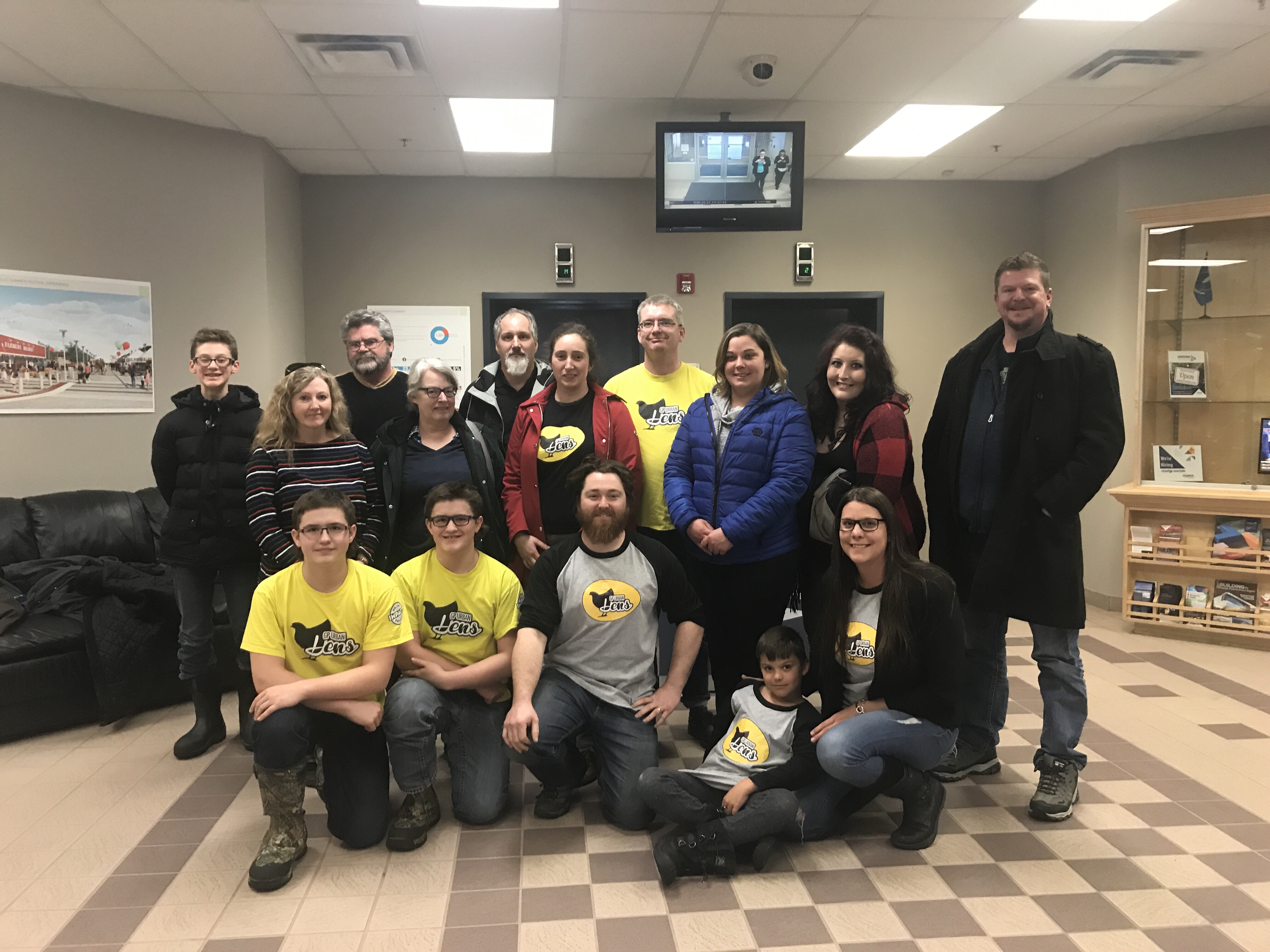It was a year and half long fight for the Grande Prairie Urban Hen group that ended with a win. At city council Monday night a pilot project was approved by a vote of 5-3.
Rebekah Keyes has worked alongside Alan Tibbles and David Braun to organize the “Urban Henners” and their advocacy work. She says she is happy with the terms the city has laid out for the trial period.
“I think 15 permits is a great number. It’s going to give some accurate data across the entire city. I don’t think we’ll have any problem having that data available to report in six months as well as again in a year. I think everyone in our group is prepared and we look forward to showing the city of Grande Prairie that this is possible.”
Some of the concerns that had been raised during the previous meetings included the amount of noise that could come from the coops as well as the smell. Mayor Bill Given says a lot of the debate and discussion leading up to the vote was “based on people’s feelings and fears.”
“After a number of years of discussion it’s great to see it going forward. We’ll be able to actually have some data to inform a real world view of what will and won’t happen as a result of backyard hens.”
The pilot project is expected to run for a full year. Something Given thought was important in case of any seasonal variances that maybe noticed by hen owners or their neighbours. There is also a plan for a report from administration at the halfway point something that was a slight concern to hen advocate Alan Tibbles.
“That six month timeline I think is going to be intruded upon by construction for quite a few of us. We’ve got coops to build and whatnot. We may not have a lot of data by the time the six month deadline passes but that’s what they want to see. I think for most of us the next step is going to be applications and then construction. Then administration can come measure to make sure we’re suitable for the program.
Exactly what sort of data the city wants from owners was unclear but Mayor Given was sure it would be manageable for those participating.
“I think the types of data that would be of interest to the community and to council would be the number of licenses that are applied for. How long people keep those licenses for. Whether there are complaints from surrounding properties. If there are any requirements to attend the sites to deal with complaints. Those types of things.”
“Given the level of commitment demonstrated by the advocates for the program,” Given continued, “it will not be a surprise to me if the people that go forward with any of the first 15 licenses are highly considerate property owners who will do their best to ensure they don’t have any of those kinds of concerns.”
Enforcement Services Manager Chris Manuel previously said he was not anticipating major issues in enforcing the bylaw. He says only those who are committed to idea are ready to do the work.
“There are lots of hurdles to overcome before somebody has an opportunity to participate in this.”
This was the the third time the issue had come before council. It was previously raised in the summer of 2017 and also in 2015.




